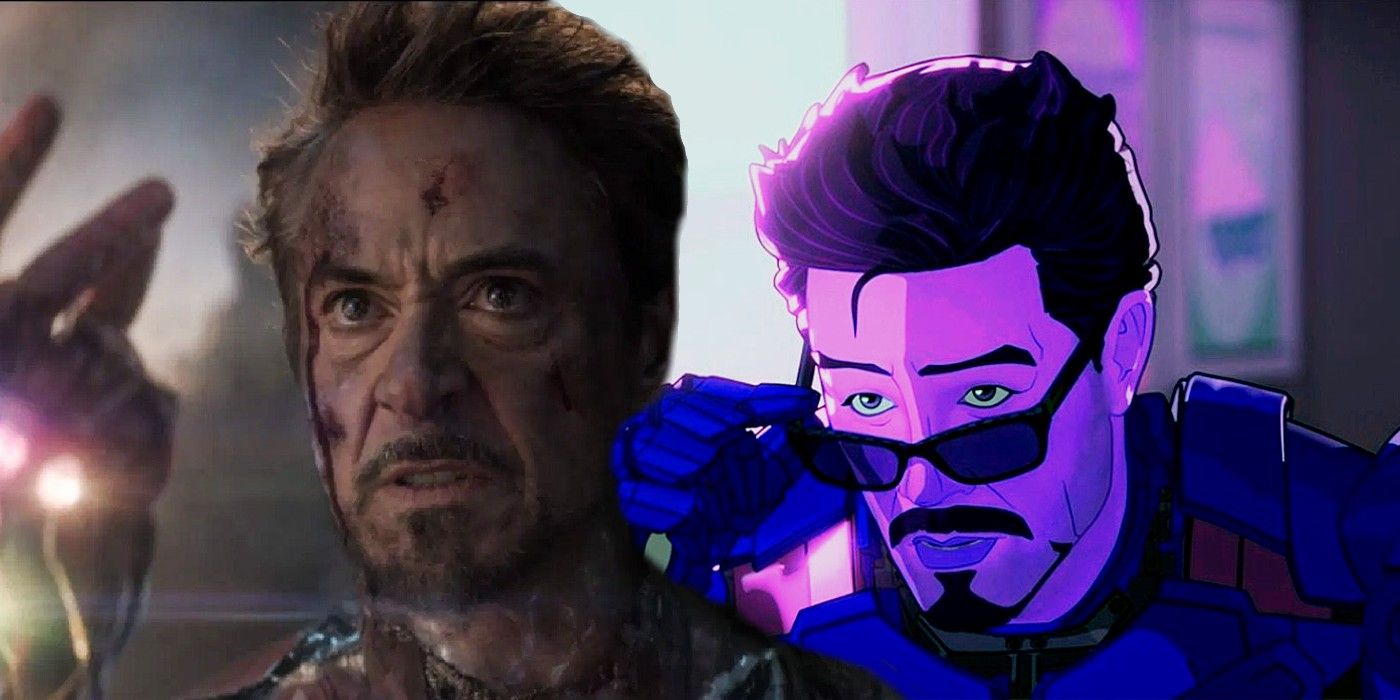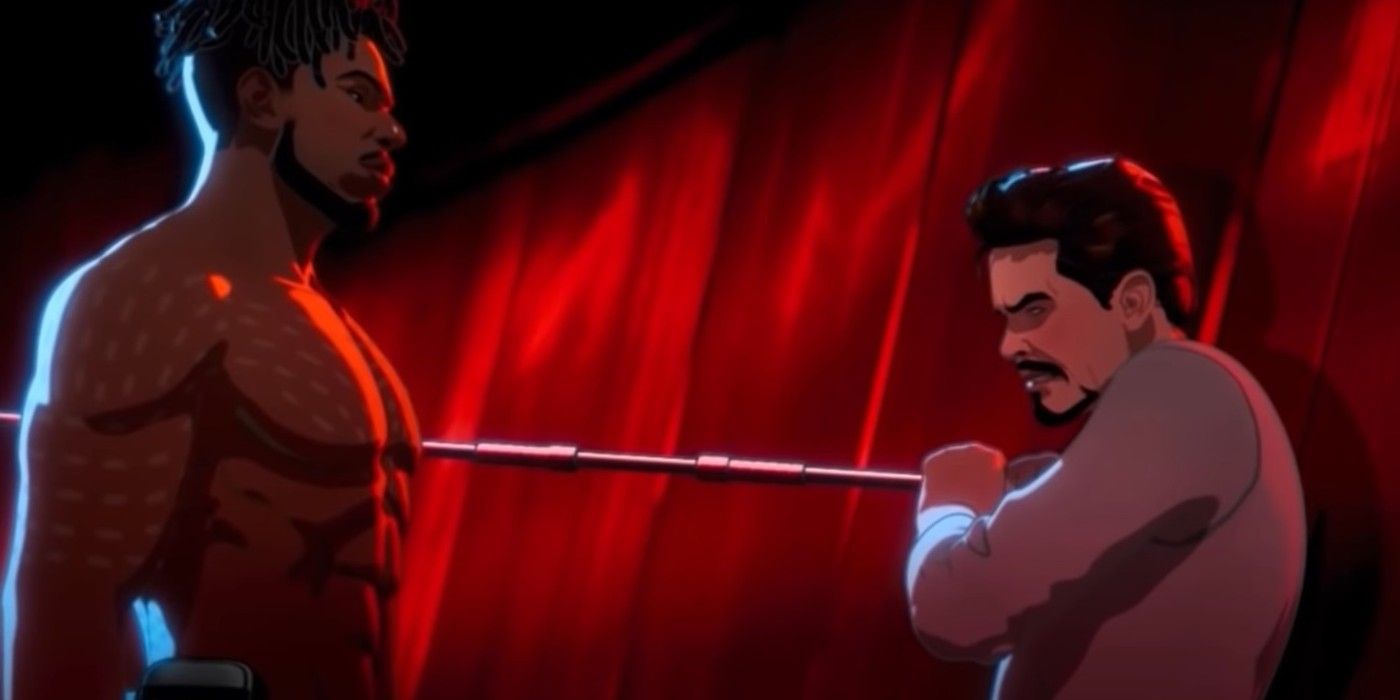
The first season of Marvel's What If...? is proving controversial by its apparent mocking attitude towards much of what made the MCU great. Although the show's use of alternate timelines and realities has provided interesting opportunities for some of Marvel's most well-known characters, there's no doubt that the show's tone is potentially alienating. Given the notoriously strong feelings of the fanbase, this approach is all the more confusing.
What If...? has set itself apart from other Marvel properties with its use of disparate, often contradictory timelines and scenarios. Throughout the series, characters have been transplanted from their familiar surroundings into completely new realities, often dramatically altering their development. In episode 6, for example, Tony Stark failed to become Iron Man after being rescued in Afghanistan by Eric Killmonger. The result was a complete reappraisal of the Phase 1 meta, meaning that major moments for key characters simply never materializing. Unsurprisingly, this has serious consequences for the MCU with which most viewers are familiar.
Although these new storylines pose interesting hypothetical questions, there's no doubt that the show takes an occasionally blasé approach to the source material. For example, in the reimagined episode 6 timeline, Tony Stark casually dismisses one of the seminal moments from the first Iron Man movie – the concept of miniaturizing the Arc reactor. For fans who have grown up with and learned to cherish the established MCU movies, ridiculing such an important concept as silly could understandably be interpreted as mocking. However, despite the obvious problems with ridiculing your fanbase, there may be an explanation for Marvel's approach.

One possible reason for What If...?'s change of tone is the medium it uses. Unlike live-action, animation lends itself to a more tongue-in-cheek approach. Given that the format can allow directors to stretch the bounds of physical reality, even more than what's normally possible in the super-hero genre. With such an approach, adopting a wry tone makes much more sense, allowing for more creative freedom and injecting a different sense of humor into What If...? – even if it occasionally still falls flat.
Another explanation could be that the strategy is a deliberate way to mark What If...? as an experimental aberration in the wider context of the MCU. By mocking key concepts in the main shared universe, the show is deliberately calling into question how much of what's onscreen can actually be considered canon. Considering Marvel's complex and interconnected timelines present throughout all live-action productions, What If...?'s absurdist style could be considered a way to provide light relief while still illuminating little-explored aspects of some of the studios' most popular characters.
More: The MCU Just Retconned Tony Stark's True Reason For Becoming Iron Man
No comments:
Post a Comment